Cooking at home is really rewarding but it's far from easy. It takes practice, patience, and persistence - thankfully Reddit is full of cooks are willing to share trade secrets so your next meal can be perfect.
maxhaseyes asked, Chefs of reddit, what advice can you give to people who want to cook and eat better at home?
Submissions have been edited for clarity, context, and profanity.
I always clean as I cook.
 Giphy
GiphyFailure shouldn't keep you from trying. It's a skill, you can't get any better if you don't try.
Be clean. Wash hands, work surface, and knives (and change cutting boards) between working on foods that will be cooked and those that will be served raw. Don't even have them out at the same time. Nothing will turn you away from doing it yourself harder than making yourself (and others) sick.
Saw a cool recipe? Find, and read, two more for the same dish, what do they have in common? That's the recipe. What's different? That's the personal flair.
Learn to clean while you're waiting for something to happen.
You are the only one who can truly judge your result, everyone else is just being nice. What do you like about it? What do you not like? What do you think would make it better?
Don't go overboard on that "seasoning."
My boyfriend adds salt and pepper to the food I make him.
Cool, no problem, I like seasoning too.
But he does it before he tastes it and that drives me nuts.
Like any skill, it takes practice.
 Giphy
GiphyPractice. Practice deliberately. That is, look up a cooking technique or unfamiliar recipe and repeat it until you are somewhat proficient, then move on to a new one.
For bonus points, make speed and efficiency your measures of success. One of the biggest advantages the pros have over home cooks is that they can produce good food without having to "slave away," constantly poking and prodding when it's not needed. You'll be amazed at how much unnecessary work your grandma puts herself through to make that show-stopping Thanksgiving dinner once you learn to cook efficiently.
Finally, focus on presentation. We eat with our eyes first, and a lot of what makes professional cooking more impressive than what people eat at home is that it comes out in an aesthetically pleasing arrangement. After all, there's only so much you can do with a roast chicken. Thankfully, plating is super easy, and once you have it down, it doesn't take any longer to plate things nicely than it would to plate them haphazardly.
I'm hungry.
- Buy a decent ($50) chef's knife, and keep it sharp. It'll make cooking way more fun, and also safer.
- Related to the previous point, buy a large, plastic or wood cutting board. Glass is for people who hate their knives.
- Try using more salt. If it tastes better, keep adding more more. Find the balance.
- If you've added a ton of salt and the dish still tastes like it needs more, add an acid. Lemon or lime, or vinegar.
- Fresh cracked black pepper is 100x better than pre-ground. Buy a cheap pepper grinder, they're disposable in the spice aisle, and use that.
- Use more garlic than the recipe calls for.
- Ginger is delicious, and is particularly important for rice dishes. Use more than is called for there too.
- Don't be afraid to turn up the heat. You'll burn some stuff in the beginning, but you can't get a good crispy outside on something you're frying if you're not cooking it hot. Also, don't stir too much. Let it cook a bit before flipping.
- Follow recipes, but not to a T. Cooking is an art, not a science (baking, however, is a science). After your first recipe or two, stop measuring out 1/4 teaspoons of stuff, and start eyeballing it.
- In general, online recipes are conservative with the amount of spices you use. You can usually add 1.5-2x more than they say and it'll be better.
This is important. Nuance.
Precise measurements only matter if you're baking, because there you're basically inducing controlled chemical reactions so the amount actually matters. Everything else you can eyeball.
Rice vinegar is incredible.
 Giphy
GiphyWhat you might be needing is acidity. It kind of bounces off of salt to deepen the flavor of dishes. I only learned of it myself recently, despite having been cooking for 30+ years!
Vinegars can balance flavor very well. (Not the cheap white stuff, if at all possible). There are a lot of choices with vinegar! Some are specific to a particular recipe/use. I stand by rice wine vinegar. The flavor is 'neutral' enough to blend with most anything. A cap full of rice wine vinegar into a dish you feel can't handle more salt will change the flavor profile for the best.
As with all changes, start small. Use a dash here and there. Happy cooking!
Baking is art. Treat it that way.
I'm baking though it starts as a science and then evolves into an art. You create your own scientific masterpiece. How long do you let it ferment? Bulk rise vs ball rise? Autolyse? Mix flours? Increase salt, sugar or oil? How about creating your own starter? How do you score your loaves? Knead or no knead? The list goes on and on and I've realized the perfect loaf of bread is one of the most beautiful things in life.
Delicious doesn't need to be complicated.
I recently saw a "three ingredient tomato soup" that people were raving about. It was a 28 oz can of crushed tomatoes, half an onion chopped into quarters and a half stick of butter. Put them in a pot and simmer until reduced, about 1 hour. Remove the onion chunks and puree in a blender, then salt and pepper to taste.
It was f*cking mind blowing and I'm 100% sure it was the butter. The blender turns it into an emulsion and it turns creamy and almost orange (before blending it's dark red).
Just typing this I'm going to make it again tomorrow.
Number 3 is particularly noteworthy.
- Buy quality ingredients. You don't have to buy the best. Just aim for somewhere in the middle.
- Get a decent chefs knife and learn how to use it. There's all kinds of fancy knives out there that have specific applications. But in terms of cooking 99/100 dishes, all you need is a chefs knife.
- Let your meat rest a little bit after cooking. Steak in particular.
- Don't afraid to fail. Part of cooking is messing things up. Especially if it's your first time trying a new thing. Sometimes your dish wont work out and you'll end up ordering Chinese food. No big deal.
Know The World
I find there are really only a few chefs out there whose recipes are always consistent. Jamie Oliver is a godsend. His stuff is always amazingly perfect and easy, especially for beginners.
Marcella Hazan is fantastic, but it's definitely technical Italian, but damn it's good. Her stuff literally taught me to cook.
Julie Child's recipes are absolute perfection and will teach you everything you need to know.
Martha Stewart is the go-to gal for all things baking perfection. Seriously.
Nigella Lawson for indulgent wanton gorgeous, delicious decadent food, savory and sweet.
All the others, omfg. I find the occasional recipe from unknowns to be a starting base, but usually they're just rubbish. Most people's palettes are pretty awful and I'm fussy, which is why I learned to cook to begin with.
Years ago I was having dinner at effing Spago of all places, and I was disappointed in the meal I was having, and it was horrifically expensive. I'm sitting there thinking, this meal costs HOW much and I don't like it? Well, I'll have to learn to cook to make it so I DO like it. So I did.
I went out and bought Julia's Mastering the Art of the French Cooking and Marcella Hazan's Classic Italian books, and worked my way through the techniques and recipes, and came out the other end as a brilliant, serious cook.
I've cooked commercially, have started up and run (and sold off) my own restaurant business, and now just enjoy.
One thing for the serious cook, which I avoided until only recently and I don't know why, was learning to use a top quality Mandolin. Those things are dangerous AF but once I got the technique down, it's a wonderful, glorious tool.
Good quality pans are essential. A thick bottom stainless steel pan. A heavy, iron skillet. A la Crueset deep huge effer for stews and roasts.
Heavy weight teflon pans for cook-top sautés, eggs, sauces. Toss them out when they start sticking.
When your veg peeler is dull, toss it and buy a new one.
Get a micro-blade grater. Life changing.
Never, ever, ever, ever put a hot pan in water to cool, it will warp and ruin the pan.
Induction is fan-fucking-tastic.
Don't rush out and buy all the cool tools at once. Learn what you need, and just buy a couple things at a time. I have stuff I've been collecting for decades and it stands the test of time.
Keep your knives sharp and your butter at room temp. All will be right with the world.
Future Planning
 Giphy
GiphyThere's the kitchen notebook, they last about a month before they are water and splatter stained. Then the good notes get transferred to the real notebook.
When I write a solid recipe incarnation in the good book, I leave about a page empty afterward to accommodate future notes and adaptations, and for really special dishes, the date and audience I cooked it for, and reception thereof.
Those little notes can go a long way in an entertaining and memorable event with friends or family. "I made those cherry-filled chocolate cupcakes you loved at your birthday a few years ago! And I added flaked salt on top since you said you wanted to try that, but never did. Happy Birthday!"
Yeah, you seem like a wizard when you do that.
I do the same thing, for the same reasons.
My grandmothers kept kitchen notebooks and recipe boxes with notecards where they collected family recipes. Recipe trading is an unofficial sport in my family, and everyone puts their own little touches on old recipes.



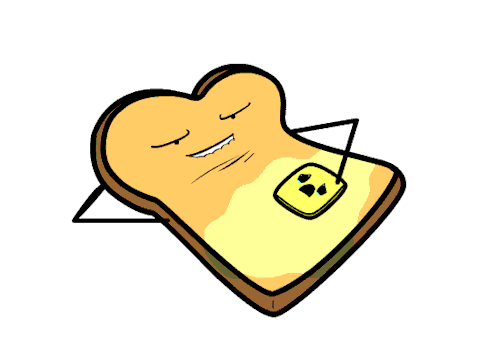

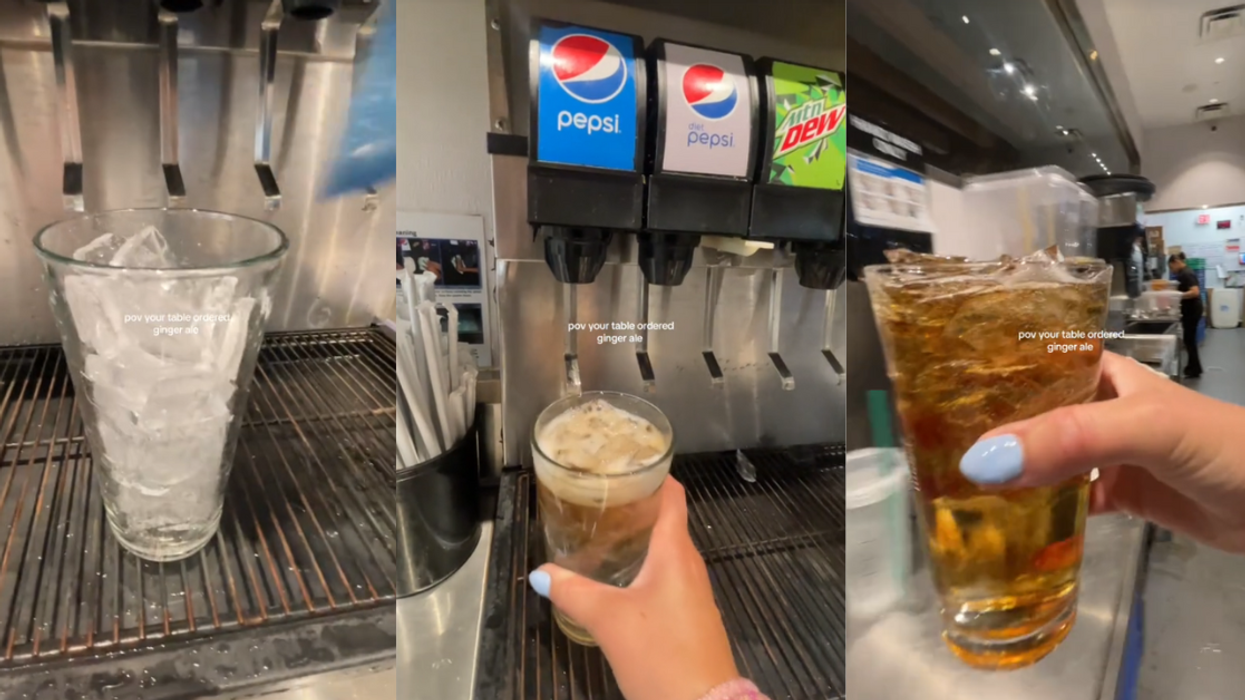








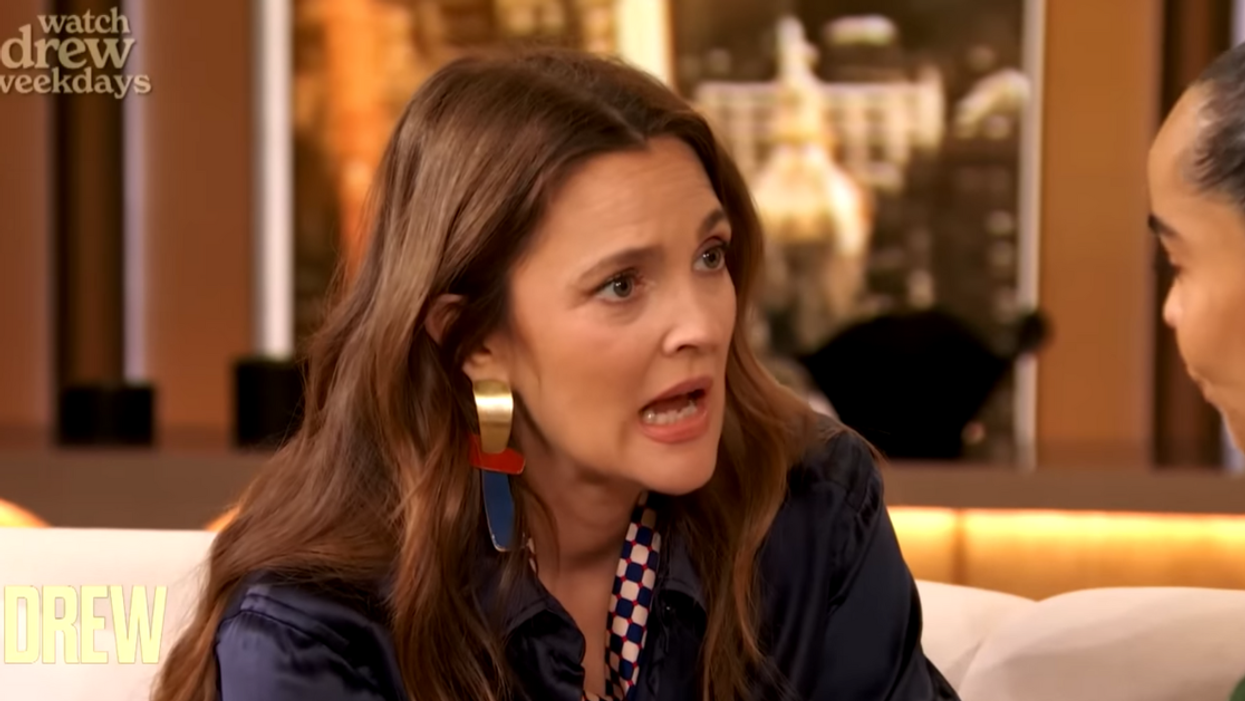
 @karlaotranto/Instagram
@karlaotranto/Instagram @sherryboom/Instagram
@sherryboom/Instagram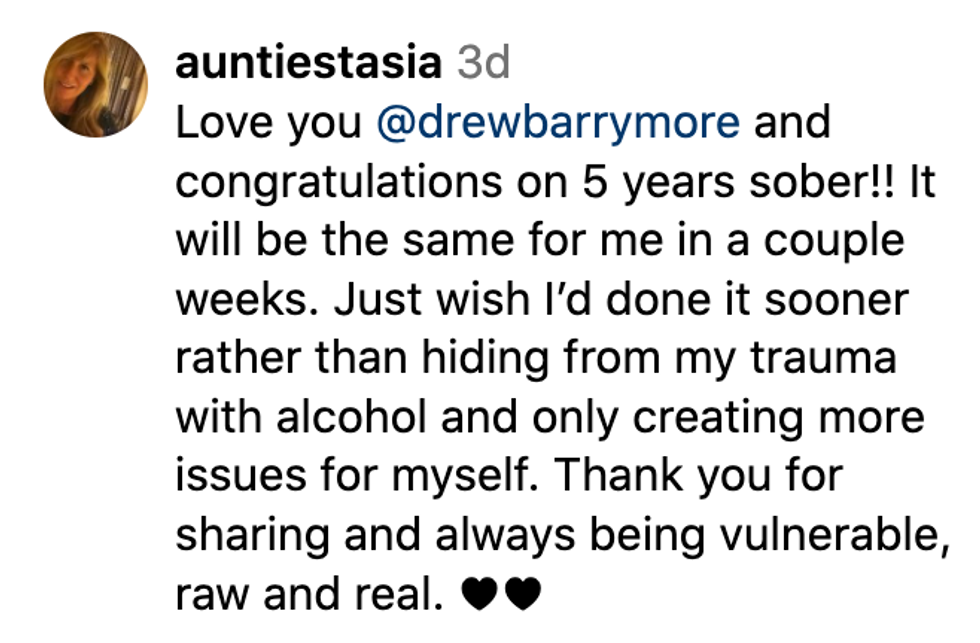 @auntiestasia/Instagram
@auntiestasia/Instagram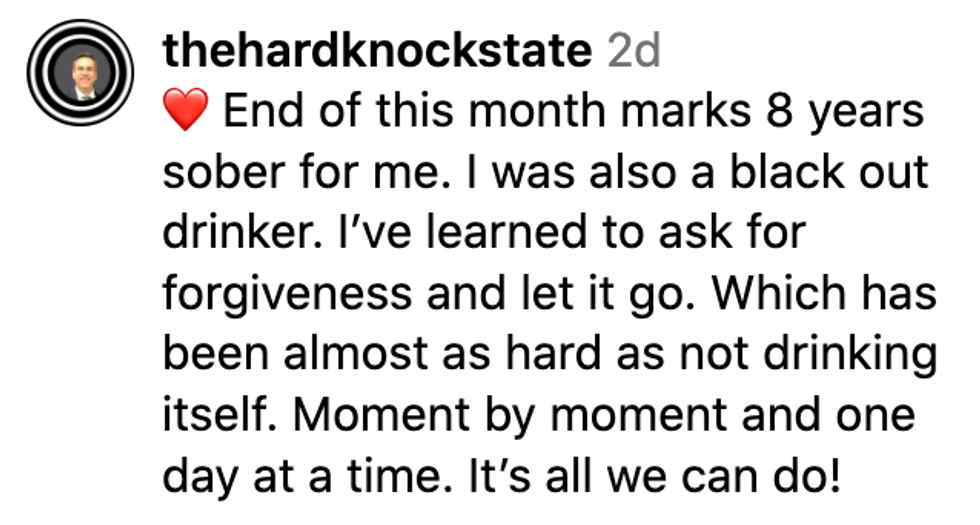 @thehardknockstate/Instagram
@thehardknockstate/Instagram @haytothek/Instagram
@haytothek/Instagram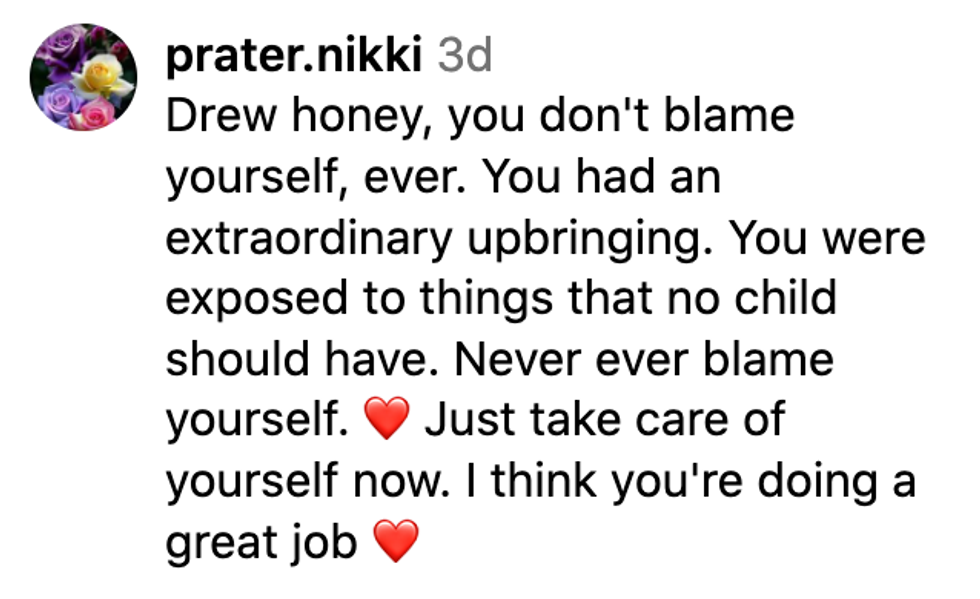 @prater.nikki/Instagram
@prater.nikki/Instagram @missjessmarie23/Instagram
@missjessmarie23/Instagram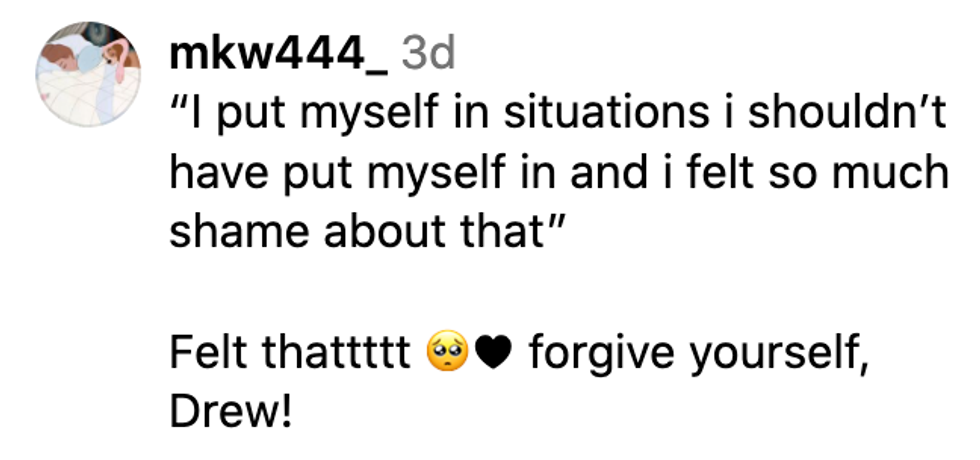 @mkw444_/Instagram
@mkw444_/Instagram @channingtatumistoohot/Instagram
@channingtatumistoohot/Instagram @jay_0577/Instagram
@jay_0577/Instagram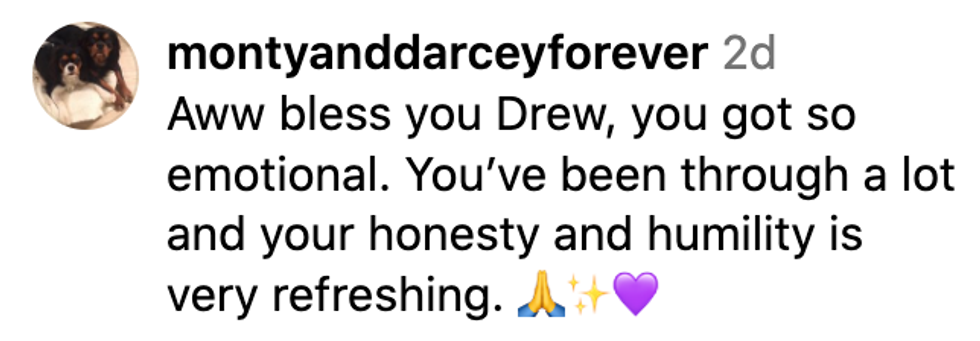 @montyanddarceyforever/Instagram
@montyanddarceyforever/Instagram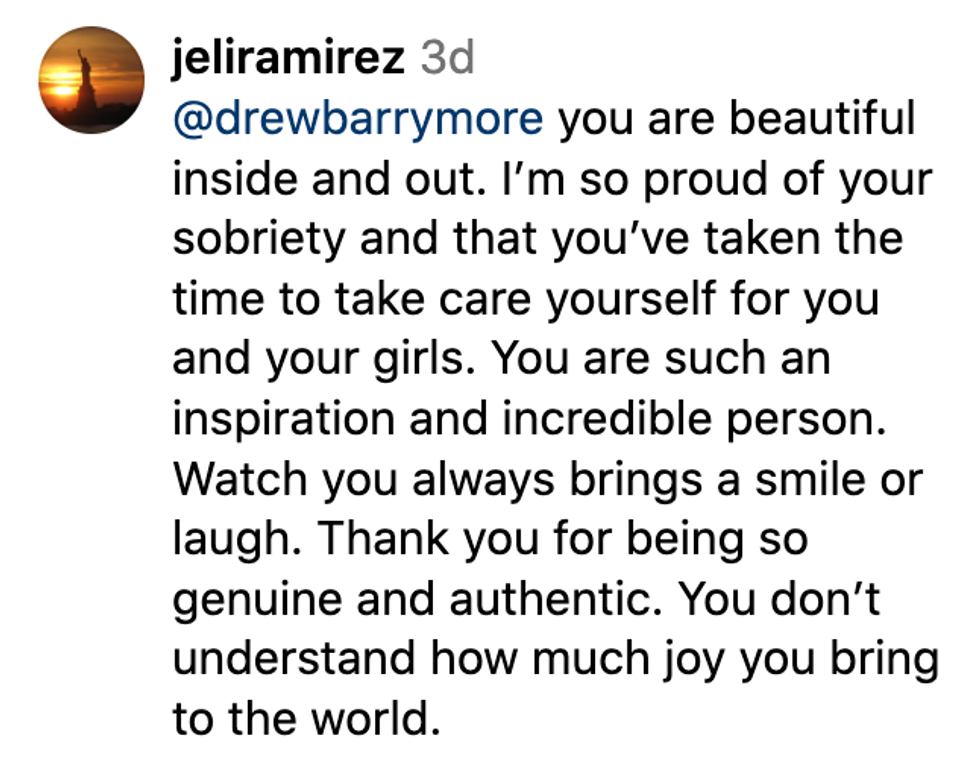 @jeliramirez/Instagram
@jeliramirez/Instagram @hymentyvonne/Instagram
@hymentyvonne/Instagram

